
Dental Care Aids Overall Health
Early dental care has now been linked to overall health. Proper oral hygiene, including frequent visits to the dentist and the daily care of gums and teeth, is vital to the overall well being and health of every infant. However, such care is especially important for children with developmental disabilities – who face a greater risk of developing serious problems with their health as a result of poor oral hygiene.
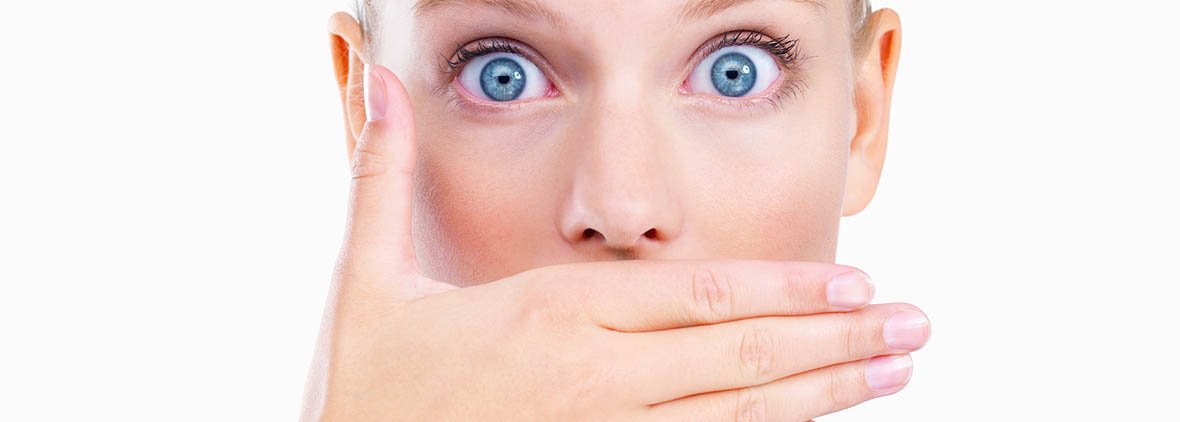
Not only does good oral hygiene lead to proper nutrition and speech, it can also improve the child’s self esteem. On the other hand, avoiding early dental care will more often than not result in higher incidences of gum disease (periodontitis) and tooth decay – both of which are now linked to cardiac disease.
Local dentists are now coming out into the limelight and advising parents to take proactive steps towards early dental care. Through their calls, parents are learning how to ensure that their children’s sweet teeth do not develop into serious cavities.
The dentists have announced that early dental care starts at home. Even for children who are as young as 6 months old, it is essential that parents learn how to protect the first teeth.
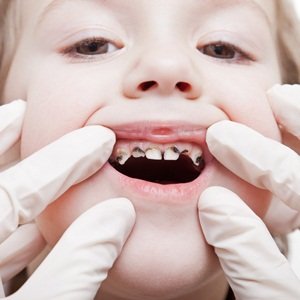
One such pediatric dentist, Dr. Brett Carranza, works at the Kearney Pediatric Dentistry in Lake Jackson. He says that when babies have one or two teeth, parents should wipe them down after every feeding. “By so doing, you will be able to remove the bacteria and plaque off the teeth.” His work mostly revolves around setting the stage for his patients to develop into perfectly teethed adults, with beautiful smiles.
He further advises that parents should avoid feeding their children right before they put them to sleep. According to him, “Some parents snack feed their children before bedtime. This is not good because the food sediments will sit on their teeth, leading to the development of cavities.”
The exposure of the teeth to bad foods also causes cavities in infants. As a result, parents should know which foods to give their children occasionally and which ones to avoid altogether.

Amy Downing, a Lake Jackson parent, was quoted as saying that at the onset, her dentist advised them to watch the sugary, chewy, and sticky foods they fed the baby. This is because, according to the dentist, “too many sweets and sugary foods will eventually lead to headaches for the parents and toothaches for the babies.”
Not only does dental pain take children out of class, it forces them to stay at home dealing with dental pain. This prevents them from actively learning.
The doctor also said that since most children fear visiting the dentist’s, it is vital that parents introduce them to early dental care as soon as possible. By so doing, the toddlers will acclimatize to the environment and not have anything to fear.
Downing further shared that she has had success with regards to her children’s early dental care. She said, “My children came with me every time I visited the dentist. By so doing, they eventually got used to him. When they turned around 3, I scheduled their first dentist appointments.”

Dr Hwang, on the other hand, advises parents to take their children for regular checkups with their pediatric dentist. The average timeline, according to him, is once in every 6 months. For severe cases, however, the dentist says parents should focus on one visit everything 3 months.
Children with various development disabilities will need greater assistance where their early dental care is concerned. To make this happen, parents ought to brush their children’s teeth twice a day once the teeth start coming out.
The brushing session should take around 2 minutes. Additionally, parents ought to floss their children’s teeth once every day immediately after two teeth come out next to each other. Of course, if you have such a child, you might also want to talk to your dentist or pediatrician about the child’s potential need for antimicrobial mouthwash/gel or fluoride supplements.
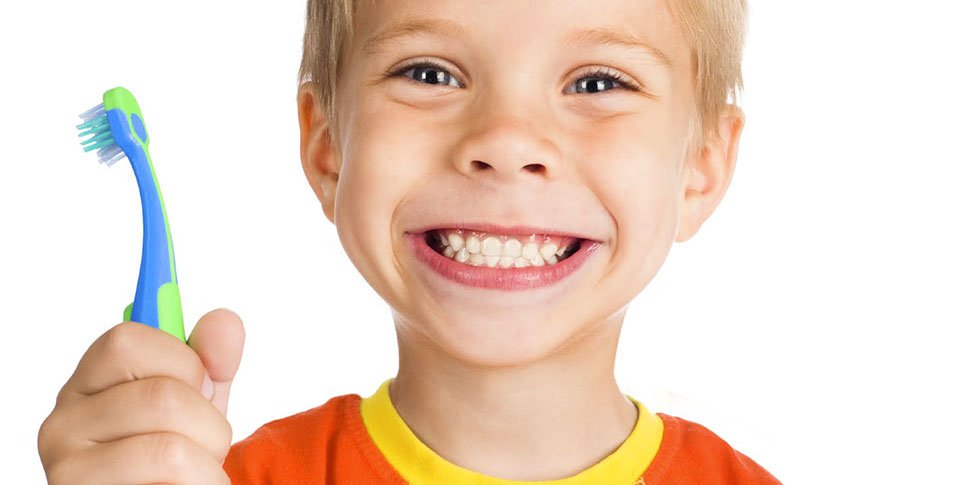
The best way to brush a child’s teeth is by cradling their head in one arm and brushing while standing behind them. As a parent, you might also want to encourage your children to the best of their abilities. However, this might require that you adapt their toothbrushes to ensure that the manual dexterity is effective – especially for children who have limited dexterity. Where possible, consider getting a rotary toothbrush.
Remember, children are children – therefore, you should supervise and assist them every time they are cleaning their teeth. You can stop the supervision once they are 7 or 8 years old and the habit has been ingrained in them.
The food your infant eats also determines whether or not their gums and teeth will stay healthy over the long haul. To this end, you should ensure your children are on a balanced diet. It is also vital that you are careful about how often and when the child eats. Limit sugary drinks and foods to mealtimes only and avoid frequent snacking.
After you have understand all potential oral manifestations, you might want to learn about the general guidelines that will promote early dental care and ensure that your children get to enjoy overall health and wellness over the long haul.
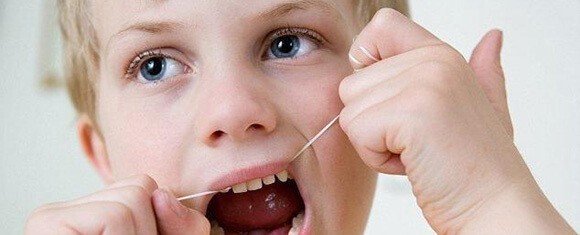
Apart from brushing and flossing regularly, you should also get a mouthwash for your infants. Of course, you might first want to check with your Lake Jackson pediatric dentist first to ensure that you choose the right mouthwash for their teeth and age. Anyway, the use of a fluoride mouthwash at least two times every day will kill the bacteria that lead to plague and cause gum disease and cavities.
Over and above everything else, parents are advised to remember that early dental care aids in the overall health of their children. To ensure that this care is effectively implemented, regular visits to the dentist are advised. By taking your child to see a dentist, potential problems will be identified early and corrected before they develop into serious problems.
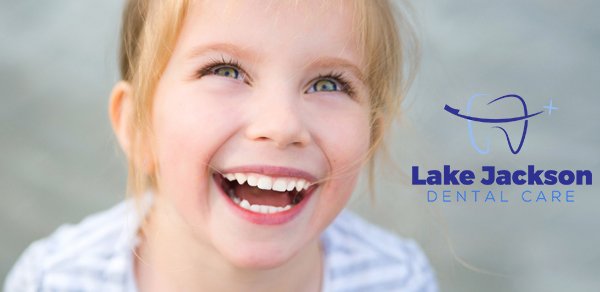
Seeing as how dental care is so vital to general health care, parents should find the best pediatric dentist. These doctors are trained to specifically provide early dental care for infants, babies, toddlers, and children. As such, they are best placed to ensure that your child’s teeth and gums are in good health.
